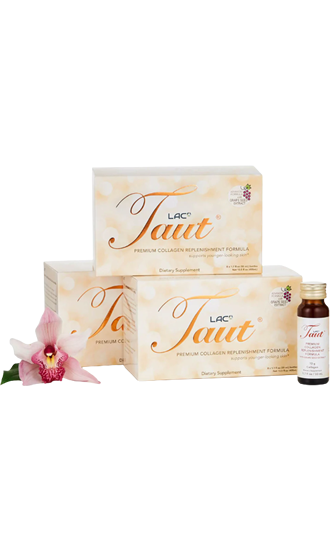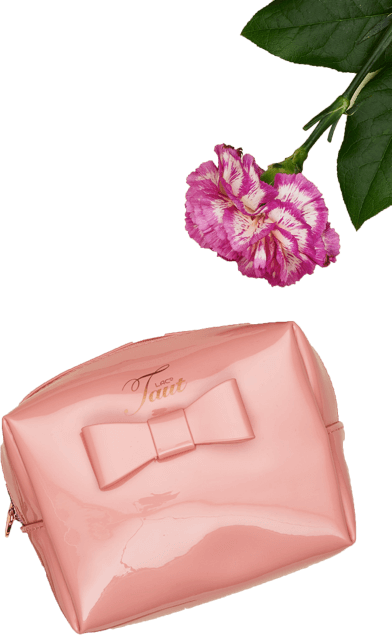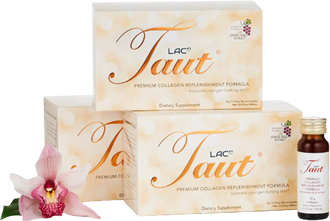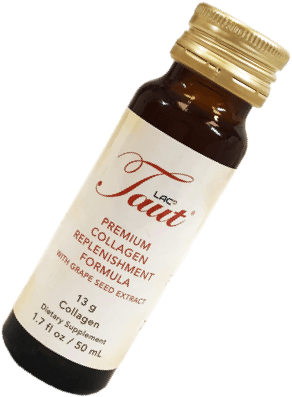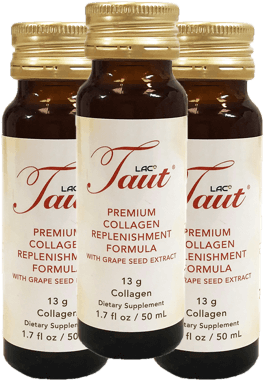Different Skin Types: What Type Do I Have? (Normal, Dry, & More)

Skin types are categories used to define the characteristics of your skin, and they help you identify the best skin care products for your unique needs.
There are many different types of skin, so it can be a little confusing to navigate. Your skin might experience dryness sometimes, but does that mean you have dry skin? Can people with "normal" skin get pimples? Not to mention the fact that your skin will likely change a little over time.
So if you're wondering "what type of skin do I have?" then look no further. Here's your guide to the main skin types, including a simple method to help you identify yours. We've also got some skin care tips dermatologists love for each skin type.
What Are the Different Skin Types?
According to the American Academy of Dermatology, there are five main types of skin: normal, oily, dry, combination, and sensitive. 1
Let's take a closer look at each type of skin:
Normal Skin
It sounds self-explanatory, but it can be hard to figure out if your skin is normal or not. So what is normal skin?
"Normal" typically refers to well-balanced skin that is neither too dry nor too oily. A normal skin type is smooth, clear, and without many imperfections. The scientific term for this healthy kind of skin is eudermic.
Oily Skin
Oily skin is typically shiny in appearance, and it can feel greasy. This is caused by excess oil (sebum) production by your sebaceous glands.
People with an oily skin type tend to have enlarged pores, which can easily become clogged and cause acne breakouts of pimples, blackheads, and whiteheads.
Dry Skin
Dry skin is exactly what it sounds like. Dry skin produces less sebum than normal or oily skin, resulting in skin that feels dry and tight (especially after showering, bathing, or swimming). If you have a very dry skin type, your skin can be rough, flaky, or even itchy. Dry skin can also appear dull and drained, lacking radiance.
Dry skin conditions can also extend to other areas, and people with dry facial skin may also be prone to chapped lips and dry hands.
Combination Skin
Combination skin is a mix of oily and dry skin types. Some people might have skin that is oily in some places and dry in others, so the term combination skin is used to describe this. Most commonly, you might have an oily t-zone (forehead, nose, and chin) but dry cheeks.
Sensitive Skin
Sensitive skin is easily irritated and inflamed. This reactivity can come from skin care products, allergens in the environment, or household products. If you have a sensitive skin type you will be prone to allergic reactions in the skin, which may show up as itching, redness, hives, burning, stinging, or peeling.
While normal, dry, oily, and combination skin types are related to sebum production, sensitive skin is not. You will probably identify with one of the other skin types as well as having sensitive skin. Sensitive skin most commonly goes hand in hand with dry skin, but it's possible to have both oily and sensitive skin.
Sensitive skin may also be connected to skin conditions like eczema, psoriasis, or rosacea.
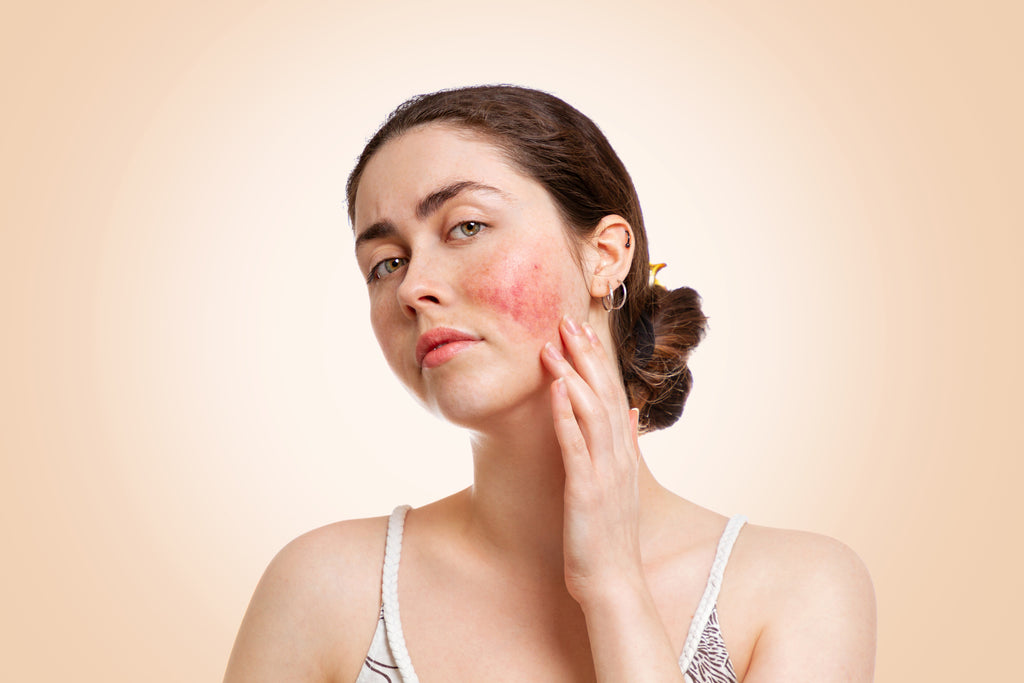
More helpful reading: What is eczema?
How to Identify Your Skin Type
So if you're trying to figure out "what kind of skin do I have?" then here's a quick and easy way to find out. Follow this step-by-step guide to find out what is your skin type:
-
Wash your face with a gentle cleanser and pat it dry
-
Don't apply any further products, just note how your skin looks and feels directly after cleansing
-
Over the next few hours, observe how your skin changes
You can identify normal skin if your skin stays feeling soft and clean for a few hours – lucky you!
If your skin feels tight and dry directly after cleansing, or it becomes increasingly dry over the next few hours, then you have dry skin. On the other end of the spectrum, if your skin starts to look shiny or feel greasy, you have oily skin.
Combination skin types might notice some areas of the skin will appear dry, while others such as the t-zone are more oily. If you notice any itching or redness after this test, you have sensitive skin.
How to Take Care of Your Skin Type
Once you have identified your skin type, it's easier to find out the best ways to care for it. Before diving into specific skin care tips for each type of skin, there are a few simple skincare rules that apply to all skin types.
The basics that every dermatologist will recommend are:
-
Use a gentle cleanser morning and night. A simple cleanser without harsh fragrances or alcohols will remove dirt, bacteria, and debris from your pores, keeping your skin healthy and clean. Washing your face at night is essential to remove the dirt of the day, and you should never wear makeup to bed.
-
Keep skin adequately hydrated with a face moisturizer. A moisturizer suited to your skin type will help maintain your skin's barrier function, which locks moisture into your skin and keeps bacteria out.
-
Always wear sun protection. The most important thing for any type of skin, in any climate, is to wear a broad spectrum sunscreen to protect your skin from harmful UV rays. This will reduce the risk of skin cancer while also limiting pigmentation issues.
-
Avoid excess sun exposure and tanning beds. Minimizing your exposure to UV rays will help prevent skin cancer and maintain healthy skin.
-
Check your skin regularly. Checking your skin for moles or any unusual changes may help catch the early signs of skin cancer, ensuring that it can be treated before becoming dangerous.
Beyond these simple rules, there are a few things you should look out for when creating the best skin care routine for your specific type of skin.
More helpful reading: Is coconut oil good for your skin
Skincare for Normal Skin
Normal skin is relatively easy to care for, so you won't need much beyond a simple skincare routine. A simple facial cleanser, moisturizer, and broad-spectrum SPF will keep your skin healthy and clean. Normal skin is generally quite radiant and clear, but to maintain this brightness you might benefit from adding antioxidants and hyaluronic acid to your skincare routine.
A light dose of skin-loving nutrients in your diet can also help to maintain normal skin. A supplement like Taut Collagen Powder is a quick and convenient way to keep your skin topped up. Each portable powder sachet is packed with marine collagen peptides, hyaluronic acid, and grape seed extract – the perfect trio of ingredients to strengthen, hydrate, and brighten your skin. Its light formula is perfect for normal skin, offering a little pick-me-up that you easily can add to your daily routine.
Skincare for Oily Skin
The best skincare for oily skin will focus on products that won't clog pores and ingredients that help regulate sebum production. Because people with oily skin generally have enlarged pores, they are more prone to acne breakouts. Products that help minimize blemishes are key for people with oily skin.
Here are some expert tips to help you control oily skin:
-
Use salicylic acid – This is an exfoliating acid that doubles as an antibacterial agent, offering the best defense against oily skin. Try a cleanser or toner with up to 2% salicylic acid.
-
Choose oil-free products - These should be specially formulated for oily skin.
-
Use blotting sheets - This will help absorb excess oil throughout the day.
Despite what you might think, hydration is absolutely essential to keeping oily skin healthy. When your skin is not moisturized, your body will respond by producing more sebum, which is the opposite of what you want. The trick is to find a moisturizer that doesn't clog pores. A supplement like Taut Hydrate hyaluronic acid capsules can help you stay hydrated from within, plumping up your skin and giving it much-needed moisture without adding any weight to the skin's surface.
Skincare for Dry Skin
Dry skin treatment is all about hydration and protection, relieving dry skin and brightening skin tone. Treat dry skin with a gentle face wash and a heavy moisturizer. People with dry skin will also benefit hugely from some specialized treatments in the form of serums and masks.
After cleansing, the best serum for dry skin will contain brightening and hydrating ingredients to combat dull, flaky skin. Vitamin C, hyaluronic acid, squalene, and aloe vera will all be very beneficial here. Dry skin shows more visible lines and wrinkles than hydrated, plump skin, so it's crucial to keep skin moisturized to avoid premature signs of aging.
Once or twice a week, you can give dry skin an added boost of moisture with a product like Taut Collagen Mask. A sheet mask infused with a rich serum of vitamin C, hyaluronic acid, botanical squalene, and collagen peptides, this mask is designed to tone, hydrate, and brighten your skin in just 15-20 minutes.
More helpful reading:
https://www.renewskinco.com/blogs/i/collagen-face-mask-benefits
Skincare for Sensitive Skin
If you want to reduce skin sensitivity, it's important to treat your skin gently. Here are some of the best skin care tips for sensitive skin:
-
Use hypoallergenic skin care products
-
Avoid deodorant soaps, instead opt for fragrance-free, gentle soaps
-
Wear gloves when using household chemicals
-
Do a patch test before trying any new skin care products
Because sensitive skin is often associated with dryer skin, it's also important to keep skin hydrated with a gentle moisturizer.
More helpful reading: The best products to reduce redness on face
Skincare for Combination Skin
To treat combination skin, you should combine the tips above for dry skin and oily skin, using different types of products for the areas that are dry vs. the areas that are oily. Some tips that may help combination skin include:
-
Manage an oily t-zone with a clay mask – Clay masks absorb oil and have a thick creamy texture that can easily be applied to specific areas, so you can use it to combat oiliness on your t-zone (forehead, nose, and chin) while keeping dry cheeks hydrated.
-
Use blotting sheets - These will help control your t-zone throughout the day.
-
Try emulsion skincare – emulsions combine oil and water in one lotion to create a moisturizer that is quick-absorbing, incredibly lightweight, and fully hydrating. This will help hydrate without clogging pores or adding unwanted grease to your skin.
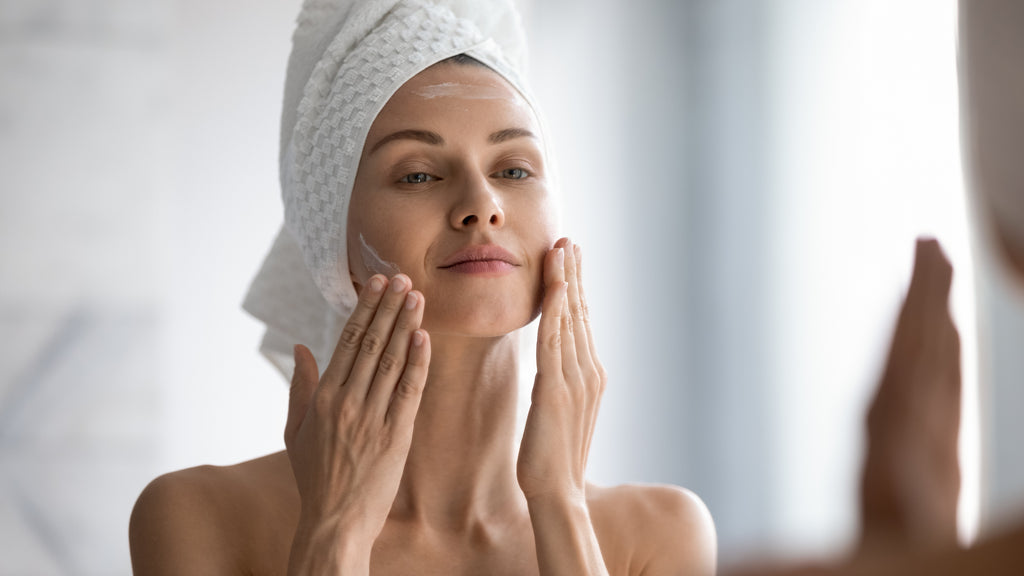
Can Your Skin Type Change?
There are a number of factors that can influence your skin type, and they may lead to skin changes over time. Let's take a closer look:
Factors Affecting Skin Type
A person's skin type is mainly defined by genetics, we simply get what we're born with! But that's not to say there aren't other factors that can play a big part in the type of skin you end up with. These include:
-
Age – your skin will naturally evolve over time, as your body ages and begins to slow down many of the processes that produce essential nutrients for healthy skin.
-
Hormones – estrogen affects our collagen and elastin production, and progesterone plays an important role in sebum production, so hormonal changes can significantly impact our skin.
-
Environment – external factors that can alter your skin include sun damage and pollutants.
-
Habits – drinking alcohol, smoking cigarettes, or poor diet can negatively impact our skin's appearance and texture.
How Skin Type Changes with Age
Your skin will shift drastically in the years from your teens to your 50s. We all remember our teenage years being plagued by hormonal changes that affected both our moods and our skin. The hormonal changes during puberty significantly impact oil production in the skin and cause that characteristic teenage acne.
In adulthood, we will continue to see changes in our skin. Your skincare in your 20s will look very different to the skincare you use in your 50s. From our 20s onwards, our skin produces less collagen, elastin, and hyaluronic acid, with most women losing approximately 1% of their collagen each year after the age of 20. Collagen is the protein that keeps skin strong, elastin maintains flexibility, and hyaluronic acid is key to hydration. This slow down in production means that our overall skin condition declines with age, leading to another type of skin in later life that can be defined as "mature skin." 2
Once women hit menopause, their skin is going to rapidly change even further. On average, women lose about 30% of their collagen in the first 5 years of menopause, and the skin also loses its ability to retain water. This makes skin dry, and much more prone to wrinkles, sagging, and dark spots. 3
More helpful reading: Over 50 skin care routine
Treat Mature Skin From All Angles with Taut
Within each of the different skin types, you are going to see your skin condition evolve over time. To maintain healthy skin throughout the years, it's important to nourish it from inside and out. Healthy skin starts from within, and the best way to prevent imperfections and unwanted signs of aging is to strengthen your skin's natural foundations.
The Taut Collagen Anti-Oxy Foxy Kit is designed to help you do just that. The perfect combination of fortifying collagen peptides with potent antioxidant protection, this kit can help strengthen and rejuvenate your skin in as little as three weeks. It contains:
-
Taut Liquid Collagen – our premium marine collagen drink formulated with 13,000 mg of hydrolyzed marine collagen peptides alongside elastin peptides, vitamin C, hyaluronic acid, grape seed extract, and ceramide.
-
Masquelier French Pine Bark OPC – an antioxidant supplement designed to reduce inflammation, ensure good blood circulation, stave off toxins in the body, and protect against external factors like sun damage and pollution.
Together, these two hero supplements give your body everything it needs to maintain strong, healthy skin – no matter your skin type!
Still not sure which products are right for you? Check out our skincare guide to find your perfect match!
References:





